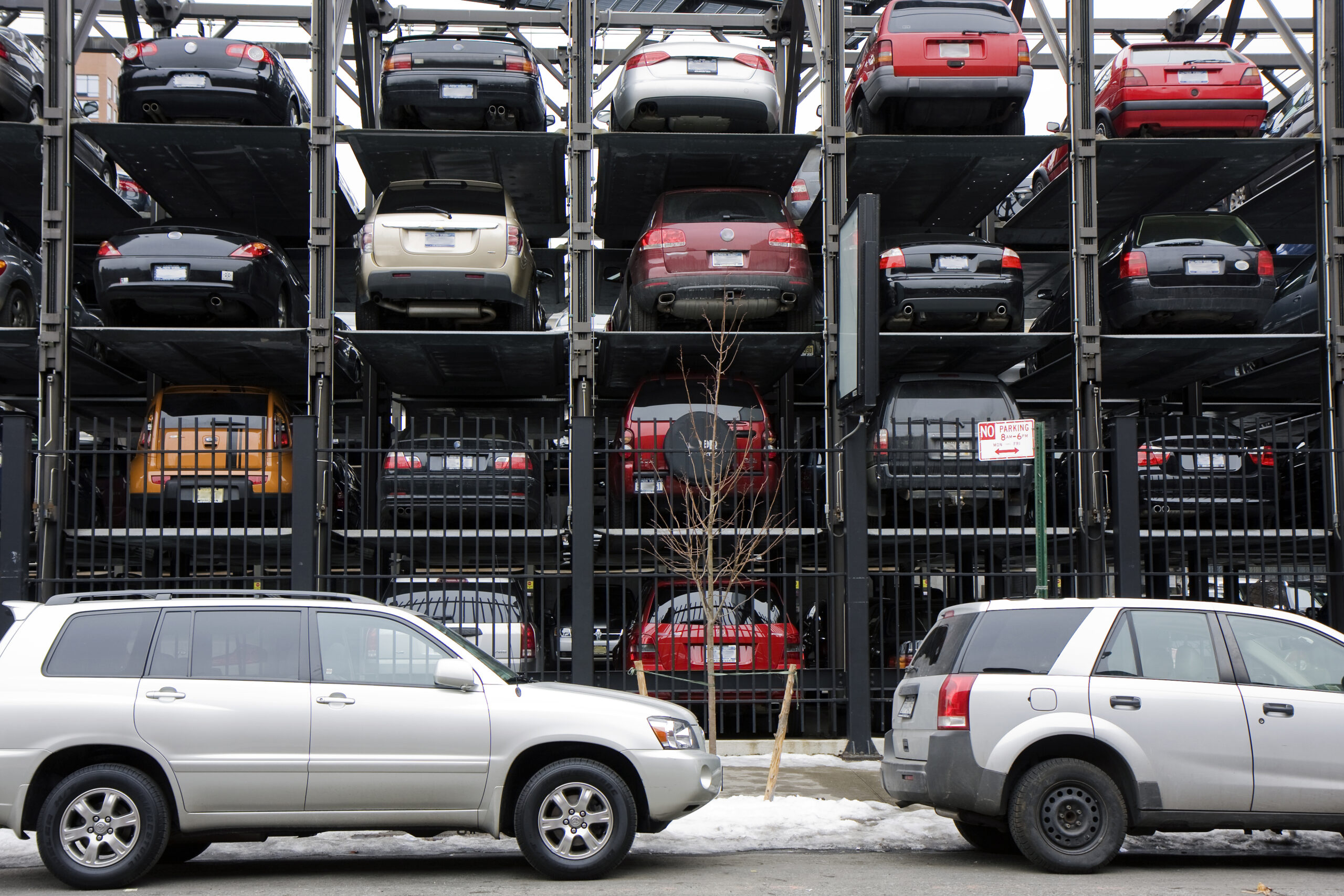An efficient parking management system is a pressing concern. Traditional parking systems often result in chaos, long wait times, and frustrated drivers.
The game-changing solution is on the horizon – an Automated Parking Lot Management System. This innovative system harnesses the power of advanced technologies to streamline parking operations, optimise space utilisation, and enhance overall user experience.
Embracing this technology-driven solution will transform the parking landscape, optimise space utilisation, and create a seamless parking experience.
What is it called? Administration of parking lots.
The administration of parking lots is expected to undergo significant advancements with the introduction of innovative technologies and systems such as the parking management system, future parking, and automated parking lot management systems.
These solutions aim to enhance efficiency, convenience, and sustainability in managing parking spaces.
The parking management system of the future will incorporate various interconnected components to streamline the entire parking process.
It will involve the integration of advanced sensors, cameras, and data analytics tools to optimise parking space utilisation. The sensors can detect the presence or absence of vehicles in real-time, allowing for accurate monitoring of available parking spaces.
One key feature of future parking administration is the implementation of automated parking lot management systems. These systems employ robotics, artificial intelligence (AI), and machine learning to automate parking operations. They can efficiently handle vehicle entry and exit tasks, parking space allocation, and fee collection.

Administration problems that are common in parking lots
Parking lot administration can face several common problems, even with implementing parking management system, future parking concepts, and automated parking lot management systems. Some of these challenges include:
Inadequate parking space allocation
One problem is the inefficient allocation of parking spaces. Without proper planning and utilisation strategies, parking lots may suffer from overutilisation or underutilisation, leading to congestion or wasted space.
The automated parking lot management system can help address this by optimising space allocation based on real-time demand and vehicle characteristics.
Lack of real-time parking information
Many parking lots need help providing accurate and up-to-date information about parking availability. It can result in drivers spending excessive time searching for parking spaces, causing frustration and congestion.
A parking management system incorporating real-time occupancy sensors and information dissemination mechanisms can help alleviate this issue by providing accurate availability information to drivers.
Traffic congestion and flow management
Parking lots are often prone to traffic congestion, especially during peak hours or busy periods. Traffic flow management within the parking facility can lead to delays, bottlenecks, and efficient movement of vehicles.
Integrating automated systems optimising traffic flow, such as intelligent signage, dynamic routing, and guidance systems, can help alleviate congestion and improve overall traffic management.
Manual payment and access control processes
Traditional parking lot administration often relies on manual payment and access control methods, which can be time-consuming and prone to errors.
Cash-based transactions and manual ticketing systems can create delays and increase the risk of revenue leakage.
Introducing automated payment systems, such as mobile payments, digital wallets, and contactless access control methods, can streamline the process and enhance efficiency.
The management of parking garages in their next evolutionary stage
The management of parking garages in their next evolutionary stage will be characterised by integrating advanced technologies- a parking management system.
Enhanced parking space utilisation
Parking garages will prioritise efficient space utilisation by implementing automated parking lot management systems. These systems will utilise sensors, cameras, and data analytics to monitor real-time parking occupancy.
The system can optimise parking allocation and reduce wasted or unused spaces by accurately tracking available spaces.
Seamless entry and exit processes
Future parking garages will employ automated entry and exit systems to enhance user experience.
Technologies like licence plate recognition, RFID tags, or biometric authentication enable quick and seamless access control, eliminating manual ticketing or access cards.
This streamlined process will reduce congestion at entry and exit points, ensuring smooth traffic flow.
Real-time parking information
A Parking management system will provide real-time parking information to drivers, enabling them to make informed decisions about available parking spaces. This information can be accessed through mobile apps, in-car navigation systems, or digital signage.
Drivers can locate and reserve parking spaces in advance, reducing the time spent searching for a parking spot.
Automated parking operations
In the next evolutionary stage, parking garages will embrace automation to optimise operations. Automated systems will handle various tasks like parking, space allocation, and fee collection.
Robotic systems, guided by artificial intelligence and machine learning algorithms, will efficiently park vehicles in designated spaces, minimising human intervention and maximising space utilisation.

The Direction That Parking Lot Management Is Headed, and What Role Technology Will Play in It
Technology plays an important role in transforming and optimising the management of parking lots. Here are the fundamental directions and the role of technology in parking lot management:
Enhanced Efficiency and Optimisation
Technology will enable parking lot management to become more efficient and optimised.
A parking management system will leverage sensors, cameras, and data analytics to gather real-time information about parking occupancy, traffic flow, and user behaviour.
This data will be analysed to optimise space allocation, reduce congestion, and streamline entry and exit processes.
Improved User Experience
Technology will significantly improve the user experience in parking lots.
Real-time parking availability information, accessible through mobile apps or in-car navigation systems, will help drivers locate available parking spaces quickly.
Sustainability and Environmental Considerations
Technology will be pivotal in making parking lot management more sustainable and environmentally friendly.
Integrating electric vehicle (EV) charging infrastructure will accommodate the growing adoption of EVs, supporting the transition towards sustainable transportation.
Intelligent charging systems optimise energy usage, prioritise demand-based charging, and enable efficient payment integration.
Summary
The future of parking lot management is heading towards a technology-driven direction.
Integrating a parking management system, future parking concepts, and automated parking lot management systems will enhance efficiency.
These advancements will revolutionise how parking lots are managed, making them more intelligent, convenient, and environmentally sustainable.



